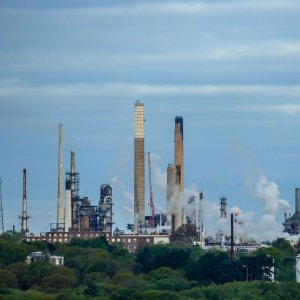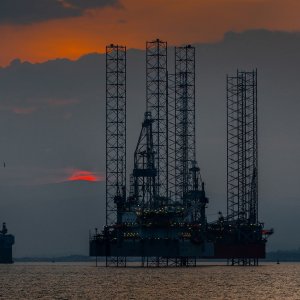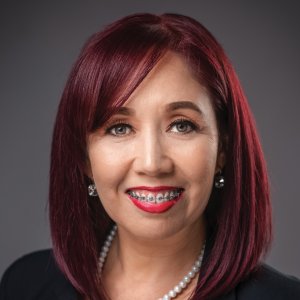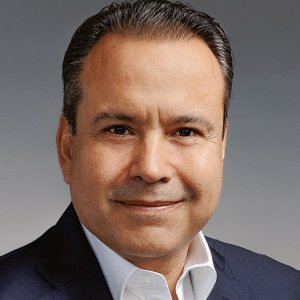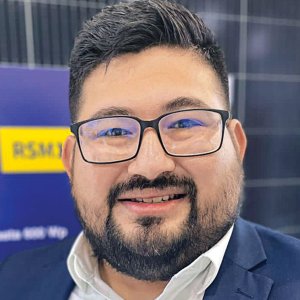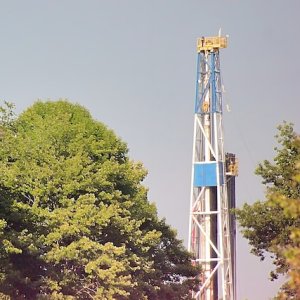
Anthropology, Fieldwork Bolster Social Impact Assessments
 By Cas Biekmann | Journalist and Industry Analyst -
Mon, 01/04/2021 - 12:30
By Cas Biekmann | Journalist and Industry Analyst -
Mon, 01/04/2021 - 12:30
Authors: Miguel Ángel Jiménez Hernández and Ximena Díaz Morales
In recent years, business development has been influenced by the concept of sustainable development. We can define this idea as a set of principles that seeks to meet our generation’s needs without compromising future generations. As a consequence, we must consider three factors: society, economy and the environment. This can be considered a long-term vision that will allow us to realize progressive and sustainable benefits. Companies in Mexico’s energy sector tend to underline the importance of sustainability. As a result, they have to pay close attention to how they coexist with the community. After all, this relationship has become a crucial factor for renewable energy project development.
Many companies in Mexico have had to deal with controversies. For instance, some neighboring communities claim they have been dispossessed, that they were not consulted properly and that companies are not abiding by formal agreements. Even though companies are legally obliged to carry out a Social Impact Evaluation (EVIS), the reality is that there are few companies that have become socially involved with the population and their neighboring projects. Often, they only prepare an EVIS to comply with procedural requirements.
If social dissatisfaction arises, it does so for different reasons. Often, it affects communities whose members feel they have not been taken into consideration by companies. Community members claim when companies present a project, they do so without respecting processes and social codes that pertain to the community.
Why is it important to understand a community? Let us suppose that a company wants to install a wind farm in a community whose religious beliefs find important deities linked to the winds or with ritual specialists known as ‘graniceros’ or ‘tiemperos’ who invoke the winds to promote good harvests. It is probable that the community considers the project to be a negative element toward these cultural elements; in this sense, it is most likely that the wind farm will not be socially accepted.
If the same project were installed in a non-indigenous community, whose population has a different religious base and, therefore, has other cultural dynamics and practices than those of indigenous communities, this same project may not be inappropriate at all. Anthropology is key to finding the answer in this case, since it allows us to study the important cultural processes that define each community. It helps us to understand that any natural environment can be affected, since the entire idea of what a “territory” is should be considered as a dense and complex reality in which social actors interact with each other. As Descola and Pálsson wrote in 2001, this notion of the natural environment is socially constructed by historical and cultural considerations. In this regard, if we understand how the relationship between society and nature is constructed, then we can understand the society’s cultural environment we are planning to work in.
To effectively develop energy projects, thorough field work when establishing the EVIS is key. However, one of the main problems encountered during field work is that the “field researcher” approaches the community as if the project were a show, where the researcher looks for significant social events to happen, rather than analyzing the logic of its community members.
To accurately describe the communities’ social life and identify what social impact a project will have, the researcher needs to continuously analyze three areas of reflection, which constantly interact and overlap during field work. First, the researcher needs to reflect on his position as a member of a different culture than that being studied. Second, a theoretical perspective that can be applied to the object of study needs to be taken into account at all times. And lastly, the researcher needs to reflect on the day-to-day life of the community that is being studied, as this is the main source of knowledge.
These three areas of reflection will inherently be present when researchers and communities meet in the field. It creates a process of interaction, distinction and exchange of information. For this reason, field work should be extended and considered as a resocialization of sorts, where it will be necessary to be involved in a new society that includes setbacks and a time constraint.
Studying the daily habits and thought processes of any specific community helps us to identify which elements they perceive to be important. In relation to energy developments, this allows us to estimate whether a project will be socially accepted or not, which social conflicts are considered the most relevant, how should a company approach the community and, most importantly, how it should design measures to moderate risks and manage social risks and community cooperation plans.

